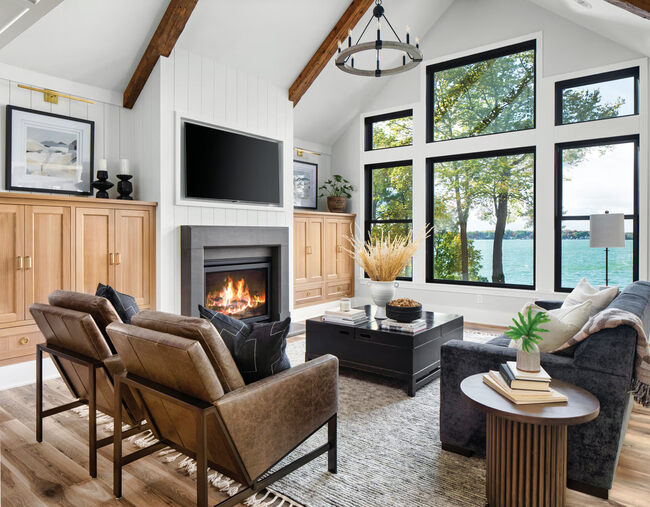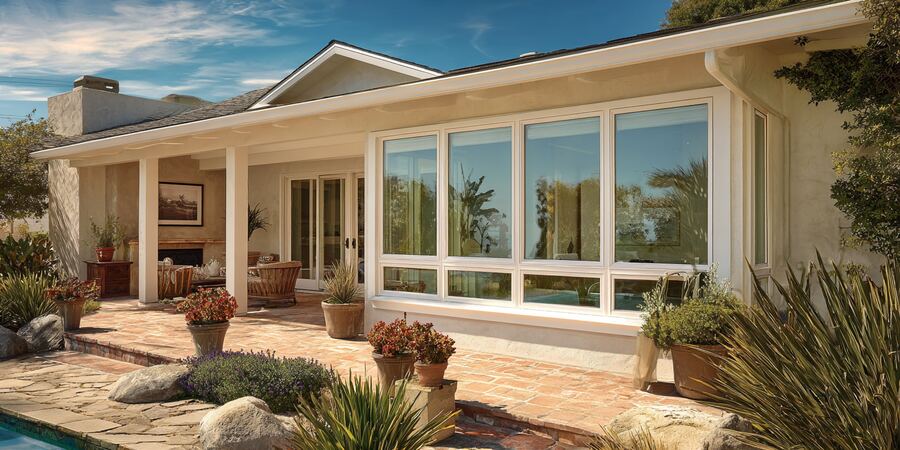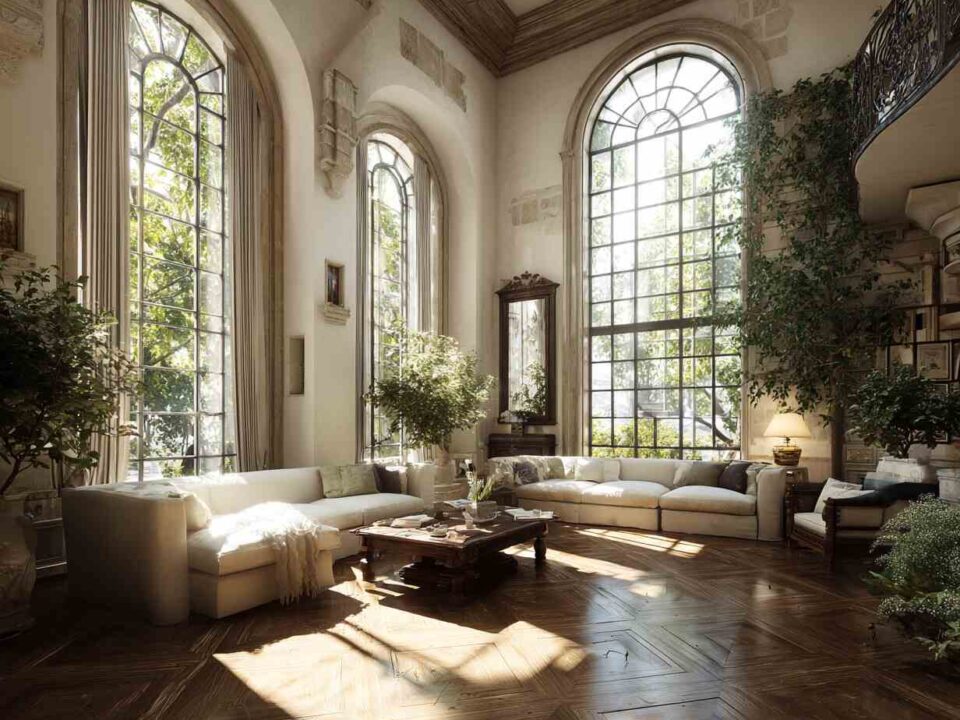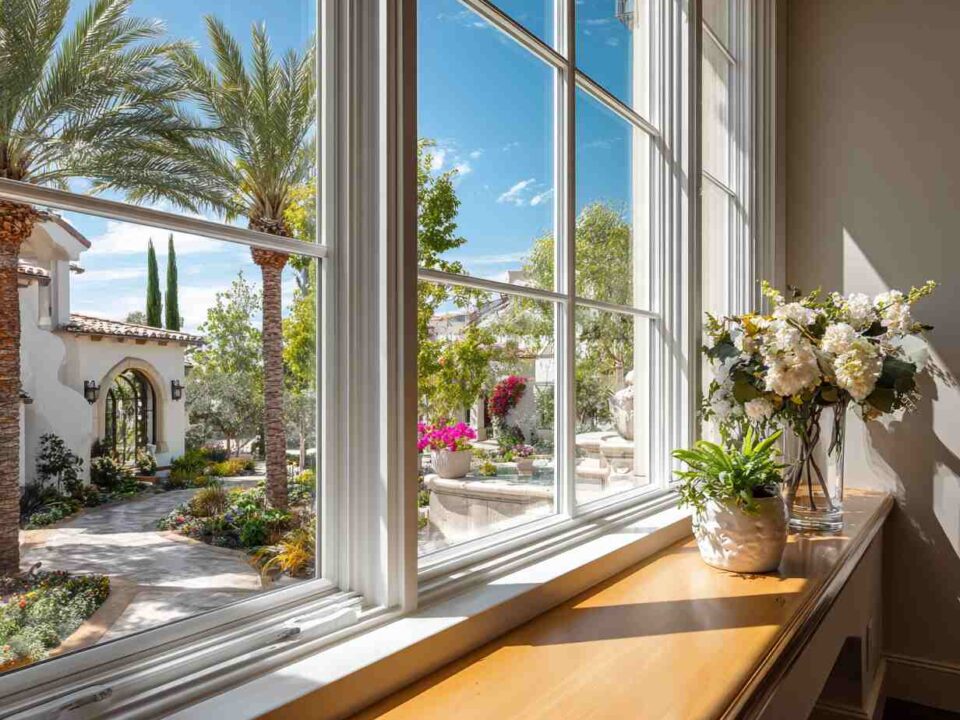How New Windows Enhance Classic Design Elements in Huntington Beach, CA
Blending Functionality with the Enduring Appeal of Classic Windows
Homeowners seeking to balance timeless elegance with modern performance frequently turn to updates such as new windows to enhance classic design elements within their properties. For those considering Huntington Beach, CA window replacement, choosing the right blend between traditional charm and today’s innovative materials ensures the architecture’s original character remains intact while introducing significant advancements in comfort, energy savings, and functionality.
The Distinctive Character of Classic Window Styles
Classic window designs—such as double-hung, casement, and bay or bow windows—feature elements reminiscent of historic craftsmanship, including divided panes, decorative grilles, and ornate wooden frames. These details create a sense of depth and heritage, perfectly complementing architectural styles like Victorian, Colonial, or Craftsman homes. The enduring popularity of these styles arises from their ability to establish authenticity and character in older properties, ensuring the home retains its historic essence even amid modernization.
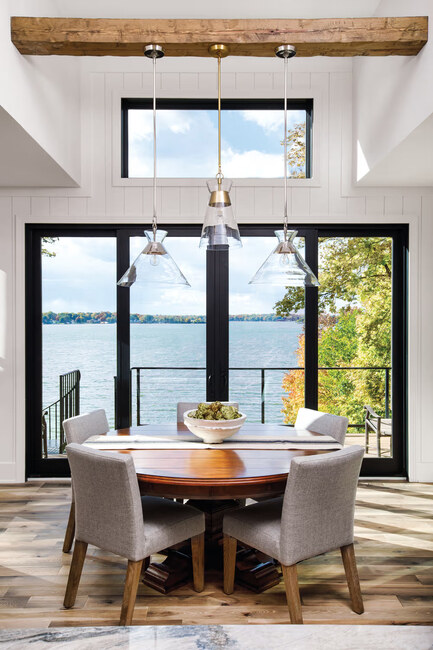 Modern Materials and Authentic Looks: Bridging Eras
Modern Materials and Authentic Looks: Bridging Eras
Today’s window manufacturers craft products that visually replicate classic wood or traditional metal frames, but employ advanced materials such as fiberglass, vinyl, or thermally-broken aluminum. These updates preserve the visual flair of classic windows while vastly improving moisture resistance, insulation, and structural durability. By emulating the intricate profiles and rich textures found in original millwork, new windows allow for faithful restoration or preservation projects that still meet the demands of contemporary living.
Energy Efficiency Meets Traditional Aesthetics
One of the key benefits of new windows lies in enhanced energy performance, an area where original windows often fall short. Modern replacements can feature double- or triple-glazed glass, low-emissivity (Low-E) coatings, and argon or krypton gas fills between panes—all working to minimize heat loss in winter and keep interiors cool in summer. These improvements are often achieved without sacrificing the divided-light appearance of classic grids or the profile of historical frames, ensuring the home’s energy bills are reduced while the facade remains architecturally coherent.
Custom Options for the Discerning Homeowner
New windows can be custom-designed to fit non-standard openings, highlight unique millwork, or mimic distinctive historical features, including custom-shaped or specialty glass. This tailored approach addresses the unique needs of homes where maintaining architectural integrity is paramount, allowing new windows to blend seamlessly and subtly with their surroundings.
Improved Comfort, Ventilation, and Natural Light
Classic window styles, such as casement and double-hung windows, offer flexible ventilation options while supporting the elegant symmetry and proportions found in historical homes. Upgrades to modern mechanisms—such as smoother cranks, tilting sashes for easier cleaning

